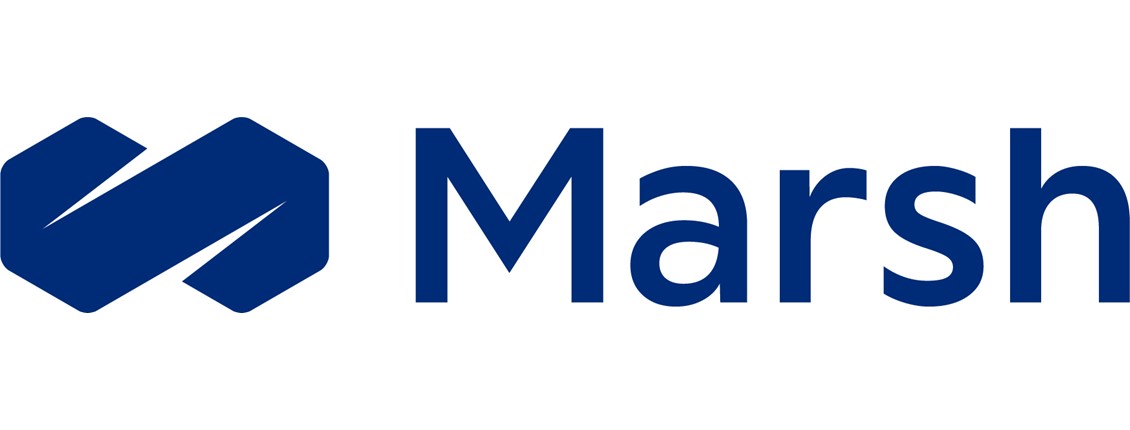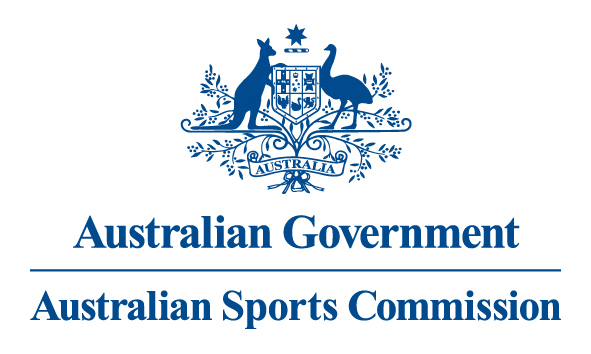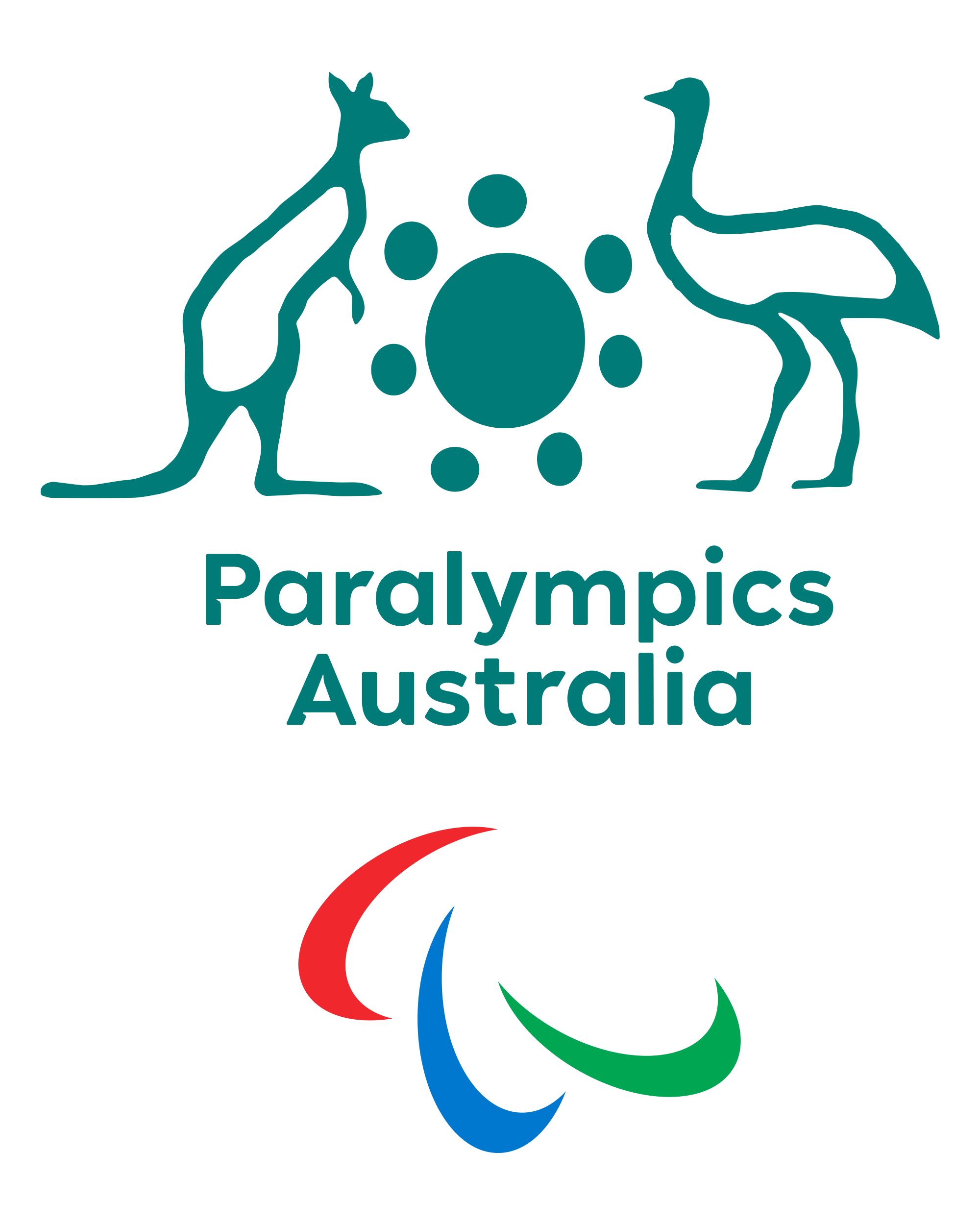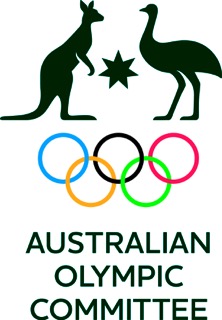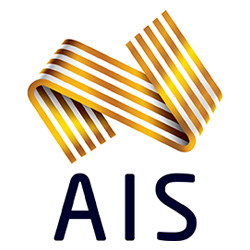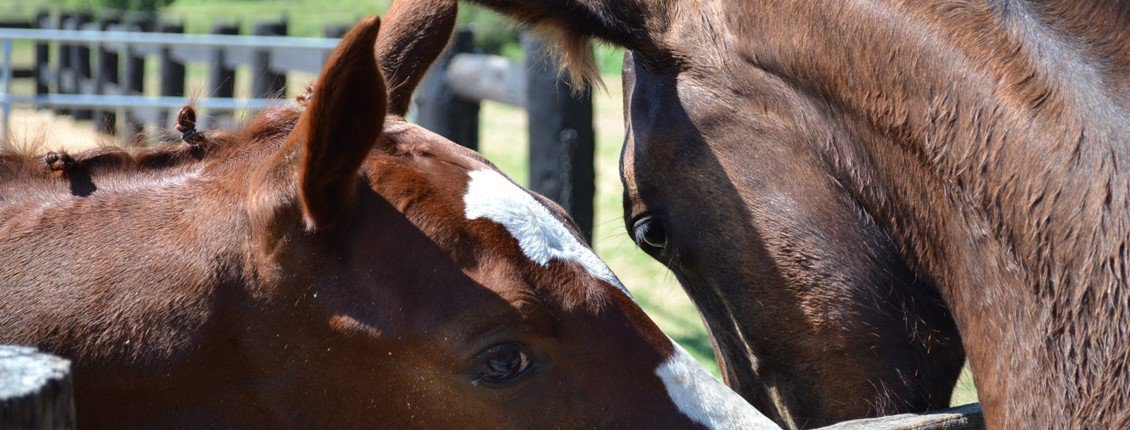
Feeding for Recovery
Feeding for recovery is vital when horses compete in multi day events, especially those which have an endurance phase on day 2. This includes 3 day eventing, driving, endurance, show jumping, campdrafting or polocrosse events.
There are 3 key aspects of feeding for recovery including dehydration, muscle glycogen stores and muscle repair and recovery.
1) Dehydration
Horses lose both water and electrolytes when they sweat to lose heat during and after exercise. This needs to be replaced after exercise to avoid the negative consequences of dehydration on recovery. It is hard to estimate the amount of sweat lost in an exercise bout,but pre and post exercise weight can provide a guide.
Plasma sodium levels drive thirst and so supplementation of sodium with other electrolytes is an important strategy at this time. Some feeds contain added electrolytes eg Barastoc Competitor, so that will help with replacement of losses. If you give the electrolytes in a paste or a stomach tube, you reduce the reliance on intake from feed as some horses don’t eat well after hard work. However be careful with irritation of gastric ulcers which can occur from electrolyte boluses or concentrated saline drenches. KER Restore paste and EnduraMax paste both contain gastric antacids and coating agents to minimise the gastric irritation.
Water replacement is vital and water should be offered free choice after exercise – often the taste of water varies away from home and the horse is thirsty, but is reluctant to drink. Mixing molasses with water can encourage consumption or KER Drink Up can be added to water to really encourage the horse to empty the water bucket. When a horse eats hay they will usually drink afterwards so when you feed hay after exercise, that encourages thirst.
2) Muscle Glycogen Stores
Carbohydrates, especially muscle glycogen, are key sources of energy for working muscle. When muscle glycogen is depleted during exercise, fatigue occurs rapidly.
Because glycogen is a valuable energy substrate during exercise, replenishment of its stores is extremely important. Diets high in soluble carbohydrate should have a positive effect on muscle glycogen repletion, but some studies have noted that glycogen resynthesis in horses is slow even when high-grain diets are fed. If repletion to pre-exercise levels does not occur, subsequent performances may be negatively affected. In humans, feeding carbohydrates soon after exercise affects the uptake of glucose by muscle and increases the synthesis of muscle glycogen as compared to feeding a carbohydrate source several hours after exercise.
Supplementation with electrolytes has been shown to have a beneficial effect on glycogen repletion so this is another reason for prompt electrolyte replacement after intense exercise. Well formulated electrolyte pastes can be useful aids to electrolyte replacement and hence glycogen replenishment. Administration of intravenous fluids with a grain meal has been shown to be more effective in replacing glycogen than feeding alone.
Research has shown that horses fed high fat and fibre diets with low starch content can be slow to replenish glycogen, so at this time high starch grains such as Oats or steam flaked barley and corn should be fed. Molasses adds sugar and encourages intake so is a good additive to this post exercise feed. Of course the horse must be acclimatised to the feed otherwise there is a risk of digestive disturbances such as high gut acidosis and colic. Barastoc Cool Command is an ideal feed for a post exercise feed as it’s a very palatable feed that will tempt the pickiest of eaters and it’s steam flaked barley base provides a platform for glycogen replacement.
Just as carbohydrate loading doesn’t work in horses, the practice of giving oral sugar supplements which are popular in human athletes is not useful as these don’t have any effect in horses. You need iv dextrose to have an impact on glycogen replenishment from sugar.
3) Muscle Repair and Recovery
An intense or prolonged exercise bout will lead to some muscle tissue damage and oxidative stress in the muscles. Antioxidant supplementation can come from feed or supplements or both. Feeds such as Barastoc Cool Command or Competitor contain high levels of added antioxidants to maintain a regular daily intake of these nutrients. Giving high doses of natural Vitamin E from KERx Nano E for several days before the competition will lead to increased blood and tissue levels of vitamin E and reduced oxidative stress, leading to faster recovery. Supplementation with Vitamin C can also be useful at this time, but injectable or large oral doses must be given for it to be effective.
The period around exercise is a time when the muscle can take up amino acids which are used to build and repair muscle fibres so giving a small meal with concentrate source of amino acids before exercise may be useful. Carbohydrate rich meals which can influence plasma glycogen and insulin should not be given within 4 hours before intense exercise.
For specific advice about your individual horse please contact the Kentucky Equine Research Nutritional Advice Line on 1 800 772 198 or [email protected]. Product details are available on www.barastochorse.com or www.ker.com

